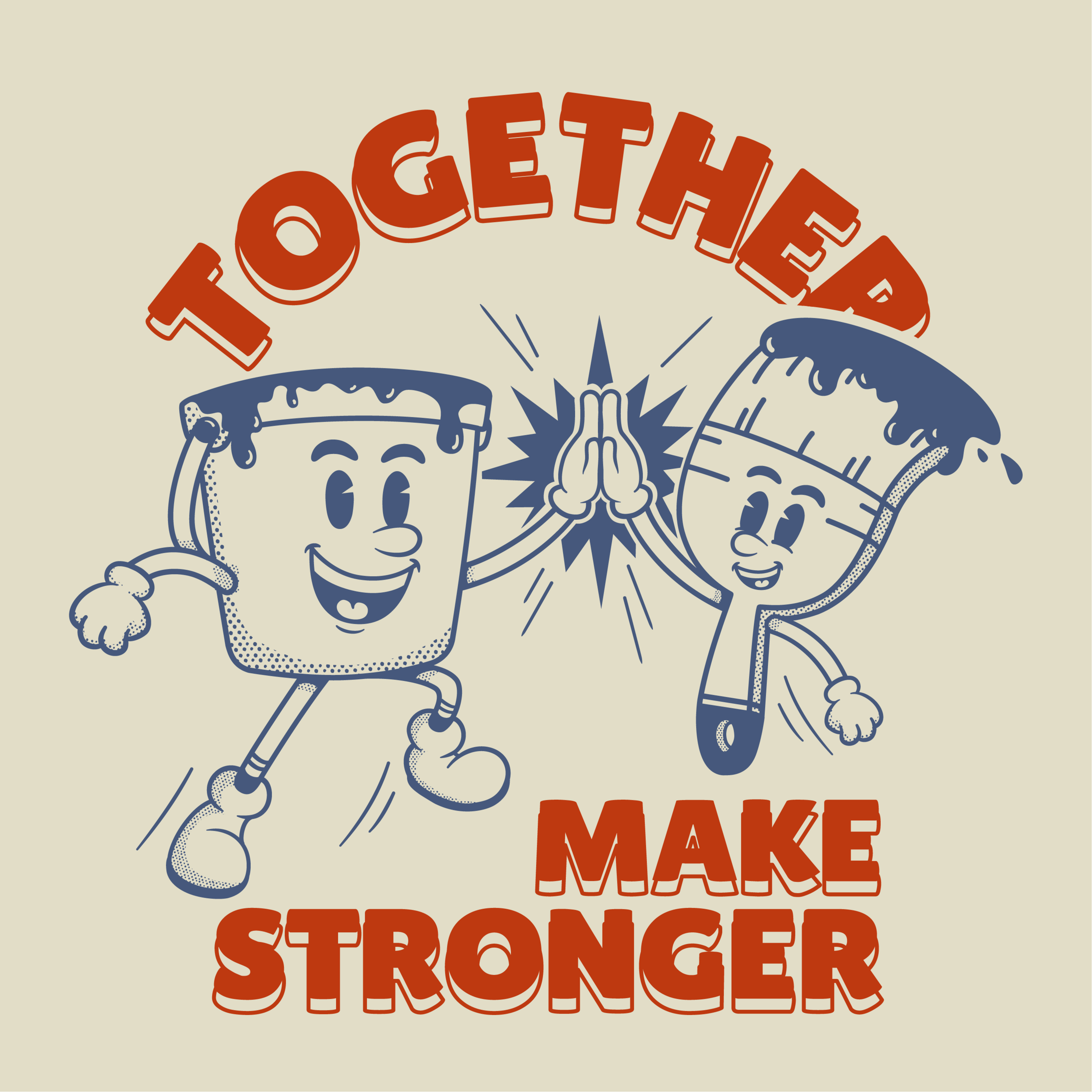
The first time I deleted Twitter was a few years ago on vacation. I spent half a week sitting by a pool, staring at my phone, annoyed at people with the temerity to be wrong on the internet while I was trying to read a book. I deleted the app and spent the rest of the vacation reading happily without an ever-present reminder of everything annoying in the world. A year later I locked myself out of my account entirely, and I’ve never looked back.
Except for work purposes, of course. The urge for an organization to distill their entire ethos into 280 characters of text remains strong. Until recently, at least, the time-and-dating function of posting a tweet was useful for crisis comms. And, although many of us hate to see it, the brands still want to talk to each other somewhere.
But does it need to be on Twitter? As the now-known-as-X cesspool gets larger and engagement shrinks, we’ve gotten that question from many clients, and we’re here with our final thoughts on the matter – as of January 2025, at least.
At Pisano Slater, we’ve been recommending that our clients cease their efforts and investment in Twitter. It’s no longer useful as a tool of mass communication, and it might be actively damaging to an otherwise-neutral reputation. Keep your account handle so no one can spoof or take your name, but no need to keep posting. So then, where to?
Let’s face it: personally, I was never going to get rid of social media entirely, and a few years ago I found a new font of community and irritatingly incorrect people to chat and gossip and complain with as an early BlueSky adapter.
So, that’s my top pick, and the only one of the new text-based replacements that I’ve found to have an almost-comparable level of shitposting, breaking news, expert commentary, and goofing off. It’s not Twitter in its golden years, but neither is Twitter today, and in some ways it might be better.
The good and the bad: it emphasizes links, has no algorithm unless you want to opt into a curated feed, and sends traffic to media sites at a shocking pace. (Outlets from the Boston Globe to The Guardian to EUObserver reported substantially higher engagement and click-through rates on Bluesky than on other sites, with the Globe in particular noting 4.5x higher conversions to paid subs. Anecdotally, many newsletters writers concur.)
Despite the Bluesky userbase’s reputation for being schoolmarmish, it’s not a particularly safe space for many users from marginalized groups, and there are scandalously few politicians to yell at — although this is starting to change. But at least now you can post somewhere without hearing from Matt Yglesias or Jesse Singal.
If none of that appeals, though, here’s what else is out there:
Want to talk social? Drop us a line at info@pisanoslater.com and we’d be happy to advise further!
~Annmarie
Because the last word is rarely the end of the conversation.
Much like penguins, we enjoy bringing you little gifts to show we care:
The climate justice nonprofit Anthropocene Alliance is looking for a fully remote Executive Director, with full benefits and a salary of at least $130k.
Regardless of how badly you messed up the holidays, at least you probably did better than the Charlotte Hornets’ PR genius who gave a 13 year old fan a PS5 during an on-court skit—and then took it back once the cameras stopped rolling.
Ever feel like there’s something fishy about the job search process? It’s not just you: according to a new Harris poll, in 2024 72% of jobseekers said applying felt like "sending a resume into a black box."
Not every organization has to acknowledge "these uncertain times." But if you're going to join that conversation, it's wise to offer people something more than empty therapyspeak.

Guessing about what the future holds is an amusing and low-risk pastime—most of the time, newspapers won’t write stories about you admitting you were wrong—but we still think it’s best to be realistic. We also believe it’s important to have a sense of humor about these things. Because have you seen the world out there? So, having established the parameters of “practical” and “fun,” here are the themes that (we hope) will define communications in 2026:
[The] forces that defined the past year—the AIfication of everything, the Trump Administration’s crusade to reshape the world, the ultra-personalized emptiness of digital life—still seem to have a head of steam. When they’ll run out is anyone’s guess. So here’s a prediction for the new year: people are going to start valuing a human touch a lot more.

If the 2010s were an era of diversity in media, the 2020s are one of consolidation. This presents obvious challenges when trying to get small or medium organizations mentioned in the news. Success depends on riding the waves that already exist, instead of trying to make new ones.
Press releases sometimes feel like relics from a simpler, more innocent time. Much like fax machines, most people are aware they continue to exist. What’s less clear: who actually uses these things in 2025? And for what purpose?

The ability to not sound like you were just lobotomized by a team of nonprofit execs with MBAs has become a way to stand out. It's “riskier” in a sense, because it’s easier for people to tell what you’re actually saying—and potentially criticize it. On the other hand, nobody’s listening to the jargon jockeys anymore.

When we founded this agency last year, we had a pretty straightforward idea of how we’d run our business: do good work with our own hands, communicate honestly, and treat people fairly. We thought this would be the simplest path to earn a decent living and contribute something to human society. After a year of this experiment, here’s what we’ve found...

Working with people you think are interesting is good for your own personal and career growth. If their ideas are good enough to work on for free, someone will eventually pay them for that, and you’ll have forged a professional relationship—or better, a friendship—with someone smart.

There’s nothing wrong with media outlets exploring new revenue streams, and newsrooms are always fluctuating in size. But outlets can only hollow out their core product so much before it collapses entirely, and a growing number of media organizations seem to be reaching that point now. Live events are not going to save them.
Comms agencies that are good at their work tend to be curious and resourceful. We can’t pretend to be ignorant about the people and products we’re telling the public to trust. In all but the rarest cases, the agency knows what it wants to know. Business is never as pure or idealistic as we might want it to be. It does have ethical boundaries, though, and these are especially important at inflection points like the one we’re in now.
We humans like to explore for exploring’s sake. We’re pleased when we find an unexpected beautiful thing, and we feel a sense of satisfaction when we “discover” something that’s not immediately obvious to the casual observer. People want to spend time in environments where these opportunities are available—which is something to consider when building (or updating) your website.
Nonprofits shouldn't have to beg for funding to provide vital services. But with federal funding suddenly scarce—and thousands of organizations scrambling to attract attention from the big donors that remain—a new kind of comms strategy is needed.

The platform doesn't drive traffic to your site. The ads don't convert. And these days most of the "engagement" comes from spam bots or virulent bigots. It's time to move on from Twitter—but to where?
Everybody loves talking about the importance of "storytelling" for building your organization's name recognition. And it really can work—but it requires more planning and effort than firing off the occasional blog post or Instagram post.

If your nonprofit or small business has a clear message to share about a concrete goal it wants to achieve, video can do that better than any other medium—if it's done right.

Today, even a glowing review in the New York Times doesn't move the needle that much. Getting people's attention takes a more creative approach. And it all hinges around owning the means of (content) production.

In the inaugural issue of A Better Way to Say That, we explore important questions like why does this newsletter exist? and why does PSE exist, for that matter? We also share a roundup of exciting new book launches, events, and job postings—along with perhaps the most effective fundraising email ever written. As far as business-y newsletters go, it's a fun read!


